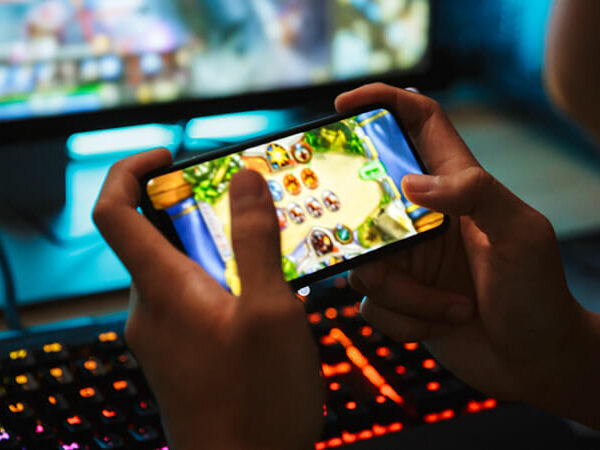In recent years, the world of esports has surged in popularity, captivating audiences worldwide with its competitive gameplay and thrilling tournaments. However, as the industry continues to grow, it faces a pressing challenge: the need for greater diversity and inclusion. While esports has made significant strides in becoming more inclusive, there are still barriers that need to be broken down to ensure that everyone has the opportunity to participate and excel in this burgeoning field.
The Current Landscape
Esports, by its nature, is a diverse medium that transcends geographical boundaries, bringing together players and fans from all walks of life. Yet, despite its global appeal, the industry has struggled with diversity and inclusion issues. Historically, esports has been dominated by male players, particularly in popular titles like League of Legends, Counter-Strike, and Dota 2. This gender disparity has persisted for years, contributing to a lack of representation and opportunities for women in competitive gaming.
Furthermore, racial and ethnic diversity in esports remains a challenge. While players from various backgrounds compete at all levels, there is a noticeable underrepresentation of certain groups, particularly in leadership roles within esports organizations and among professional players. This lack of diversity not only limits the talent pool but also perpetuates stereotypes and reinforces barriers to entry for marginalized communities.
The Importance of Diversity and Inclusion
Diversity and inclusion are not just buzzwords; they are essential components of a thriving esports ecosystem. Embracing diversity enriches the industry by bringing different perspectives, experiences, and talents to the table. It fosters innovation, creativity, and problem-solving, driving the growth and sustainability of esports as a whole. Moreover, inclusive environments empower individuals to fully participate and contribute, leading to greater engagement and enjoyment for everyone involved.
Beyond its cultural and social significance, diversity in esports also makes good business sense. With a diverse audience comprising people of all ages, genders, and backgrounds, catering to a broader demographic can expand the industry’s reach and appeal. By embracing diversity, esports organizations can tap into new markets, secure sponsorships, and attract investors who recognize the value of a diverse and inclusive brand.
Breaking Down Barriers
Addressing diversity and inclusion in esports requires a multifaceted approach involving various stakeholders, including game developers, tournament organizers, teams, sponsors, and the community at large. Here are some strategies to break down barriers and promote diversity in esports:
- Education and Outreach: Raise awareness about diversity issues in esports and provide resources and support for underrepresented groups. This includes initiatives such as mentorship programs, scholarships, and workshops aimed at empowering women, minorities, and other marginalized communities.
- Representation: Increase the visibility of diverse voices and role models within the esports industry. This involves showcasing diverse talent on broadcasted events, featuring diverse content creators and streamers, and actively recruiting and promoting individuals from underrepresented backgrounds.
- Inclusive Policies: Implement policies and practices that promote inclusivity and combat discrimination and harassment within the esports community. This includes enforcing codes of conduct, establishing diverse hiring practices, and creating safe spaces where everyone feels welcome and respected.
- Investment and Support: Allocate resources and funding to support initiatives aimed at fostering diversity and inclusion in esports. This includes sponsoring diversity-focused events and organizations, investing in diversity training and awareness campaigns, and supporting grassroots efforts to create more inclusive gaming communities.
- Collaboration: Foster collaboration and partnerships between esports organizations, industry stakeholders, and advocacy groups to collectively address diversity and inclusion challenges. By working together, we can leverage our collective resources and expertise to drive meaningful change and create a more inclusive esports ecosystem.
Looking Ahead
As esports continues to evolve and expand, it’s crucial to prioritize diversity and inclusion to ensure that the industry remains vibrant, resilient, and accessible to all. By breaking down barriers and embracing diversity, we can create a more inclusive esports community where everyone has the opportunity to participate, compete, and succeed. Together, let’s champion diversity and inclusion in esports and build a brighter, more inclusive future for all gamers.



